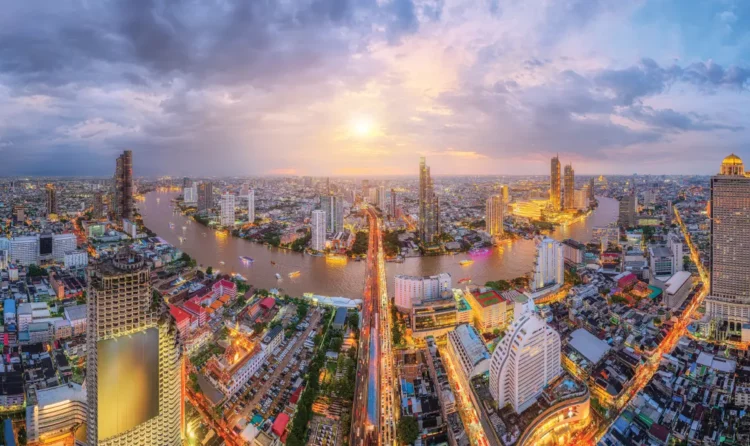Thailand’s Entertainment Complex journey is at a critical point, with the success or failure of the initiative to be determined by decisions made over the coming months.
The common narrative now appears to be that legislation governing development of the nation’s first legal casinos is a fait accompli with only the finer details yet to be sifted through, but nothing could be further from the truth. After all, we’ve seen this movie before.
In the early days of Japan’s IR process, shortly after enabling legislation was passed into law in late 2016, and then again in 2018, more than 20 global operators expressed genuine interest in developing integrated resorts – what Thailand refers to as entertainment complexes – across up to eight different locations Japan-wide. But ultimately only four consortia bid for two locations, with MGM’s Osaka proposal the only one accepted by the central government.
What turned Japan’s IR dream into a nightmare? Ultimately it came down to a combination of an inefficient bidding system, a lack of effective communication lines between industry stakeholders – particularly government and operators – and, tellingly, a spectacular failure by authorities across many levels to effectively inform the population about what an IR actually is and how it can benefit society. In the end, public disapproval all but killed the golden goose.
It is therefore vital that Thailand does not make the same mistakes, because Thai entertainment complexes done right could potentially be some of the greatest mass-appeal tourism attractions ever created by the human hand.
That’s why messaging is key. Thailand’s government and other stakeholders must figure out how to effectively provide real insight into exactly what an entertainment complex is and how its many elements work together to create its very own tourism ecosystem, both within the resort and for wider society. Sure, the casino works as the property’s financial beating heart, but it’s the color of the eyes, the flow of the hair and the elegant figure that provide the appeal.
Take Marina Bay Sands for example, a property that has almost single-handedly put Singapore on the global tourism map. This is home to arguably the most profitable casino in the world, but you could easily spend a week taking in its incredible array of sights and sounds without ever noticing the casino was even there. The same could be argued for Wynn Resorts in Las Vegas or Galaxy Macau.
Thailand must take care to listen to the voices of those who oppose, then address their concerns appropriately through clear, concise and thoughtful dialog which explains how other jurisdictions – places like Singapore, Las Vegas and Macau – have achieved positive results by introducing integrated resorts, while eliminating or minimizing any potential harms.
To succeed, Thailand’s entertainment complexes cannot be seen as some sort of cash grab by the government or the Thai powers that be. Conversely, it also shouldn’t be an effort by international casino operators to make a quick buck. Rather, a successful outcome will only occur following an authentic, like-minded collaboration by stakeholders across the board, characterized by genuine, open and honest communication.
Critically, that includes the 72 million people who call Thailand home.































